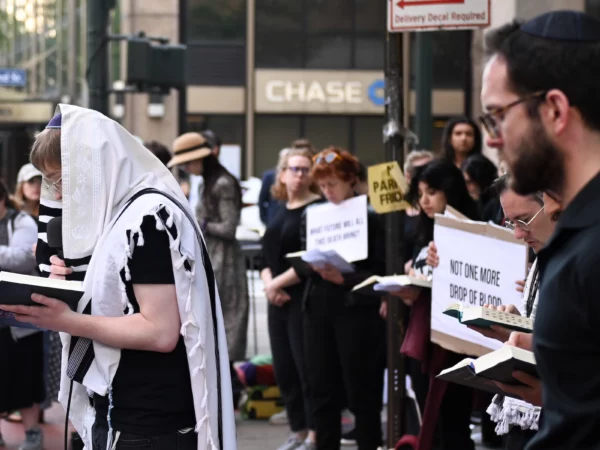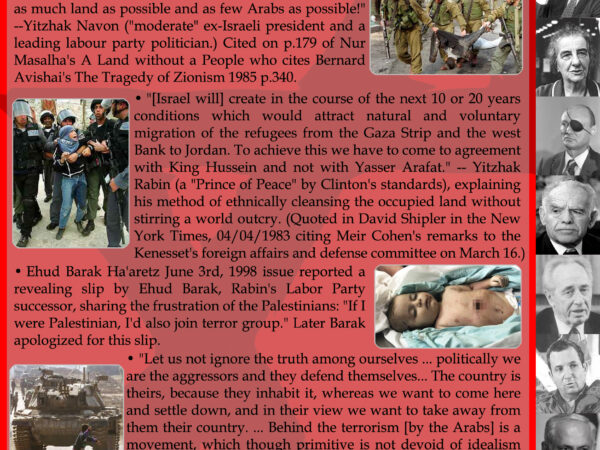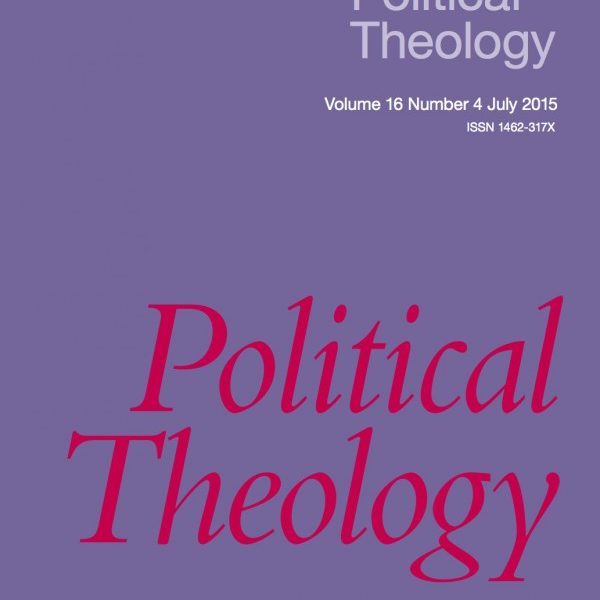
This theological dimension, which does not exclude messianism but coexists with it, is not new to Zionism and has been present in it from its inception; articulating it will therefore contribute not only to understanding the history of Zionism, which is far from being as peace-seeking as it often tells itself, but also to understanding the wide Israeli support of the genocidal war on Gaza.

The grass seemed greener in Orthodoxy, I’ve realized, because my yearning for authenticity and escape reflected a structural lack embedded in late capitalist dystopia… Today, it seems to me more honest to learn to live with this lack, than to imagine that any faith, flag or folkway can fully fill it.

The Jews is the great constant of this book, persisting from Old Testament to Tel Aviv, as an ahistorical collective, undisturbed by text and politics, what the book calls ethnos, goy. This book’s apriori is the Jews as a goy.

I thank both Timothy Simpson for taking the time to respond to my post and the current editors of Political Theology Today for allowing me to respond. It is an uncomfortable issue for people on all sides of the debate. I can only imagine the frustration wrought by “having been the target of barbs by both Christian and Jewish Zionists.” If my tone is irenic, I can only be glad; I do not desire to be the cause of frustration (even at those moments when I feel frustration). If Rev. Simpson views my tone as irenic, I find the content of his response to be ironic.

I wish to thank Dr. Bernstein for his thoughtful and irenic response to “Zionism Unsettled” (hereafter, ZU). . . . ZU is indeed a hard-hitting document. It says things many people would rather not have discussed and calls out both Jewish and Christian Zionists for their contribution to the misery and suffering of the Palestinian people. Such a resource, which could be utilized at the congregational level, was sorely needed. The Israeli occupation began in 1967, when I was four years old. I’m now a grandfather, and yet it still continues.

As I compose this, the gloves are being taken off on all sides, and in every direction, over the matter of the Presbyterian Church USA’s 310-303 approval of divesting from three companies (Caterpillar, Motorola Solutions, and Hewlett-Packard) whose business with Israel are seen to impact the Israeli occupation of Palestinian territories.

Judith Butler’s Parting Ways proposes a “Jewish” critique of state violence. But to my mind its real success is in arguing persuasively for a model of identity that places relationality and dispossession at the heart of human political experience. She forges her claim through readings of 20th century thinkers all touched by persecution and the experience of statelessness. These include Jews and non-Jews alike.

The reception of Parting Ways has been an instructive gauge of the political temperature of U.S. conversations about Zionism. Putting the phrase “critique of Zionism” in the title is bound, for better or for worse, to garner an audience. It seems that everyone has an opinion, even those who’ve never read the book.



